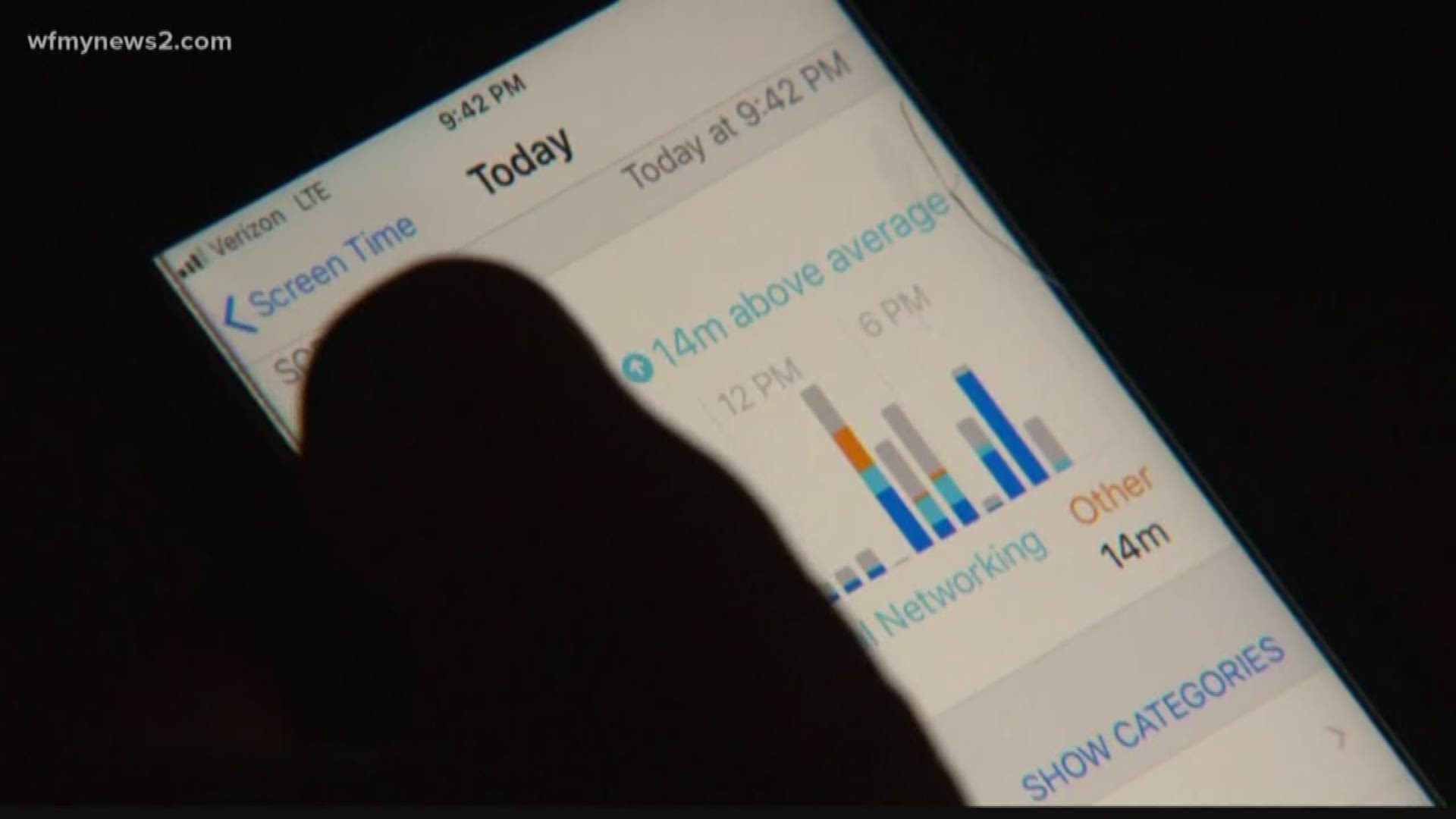Social media expert David Richard encourages parents to have a conversation with their children about what they do on their cell phones. “If you’re going to give you child a smartphone, you need to treat them with the responsibility that as if they were driving a vehicle,” he said.
A new criminal case is bringing heightened awareness to how much young people communicate with their phones.
On Monday, a 21-year-old former Boston College student was charged with involuntary manslaughter in connection with her 22-year-old boyfriend’s suicide earlier this year. According to Suffolk District Attorney Rachael Rollins, during the two months leading up to Alexander Urtula’s death, he and girlfriend Inyoung You exchanged about 75,000 text messages.
Urtula died on May 20, the day of the Boston College graduation ceremonies. Rollins estimated that You told Urtula to kill himself hundreds of times.
The case against You is similar to the one against Michelle Carter. In June of 2017, Carter was convicted of using text messages to encourage Conrad Roy to kill himself in 2014. She was 17 at the time of Roy’s death.
Richard said the easiest way a parent can monitor their children’s phone use is to look at the phone’s screen time under device settings. This allows you to see what app your child is using and for how long.
Then, “It really comes down to having the adult conversation that a smartphone is not a toy. It is an adult communication device and it needs to be used accordingly,” said Richard.
Framingham parents Bill and Eria Shea said it’s all about trust and responsibility when it comes to their kids’ digital lives.
“Be a busy body,” said Bill.
“The phone is a privilege, not everybody needs a phone,” said Erin.
They know their kids’ passwords and monitor their history, but they also monitor their emotional wellbeing while they are on their phones.
Erin said, “You always keep an eye on, when they’re on their phone, what’s their mood? Are they upset? Are they crying? Are they happy?”
The Sheas also are not afraid of taking phones away. “You own the phone, they don’t,” said Erin.

